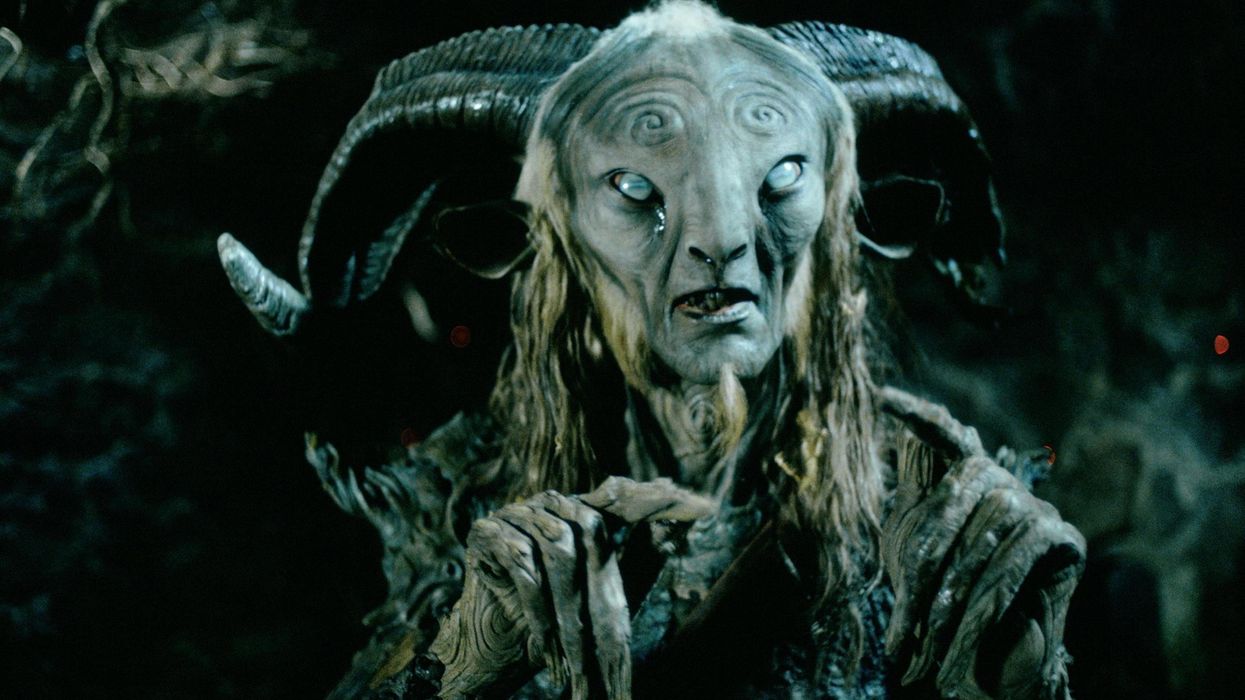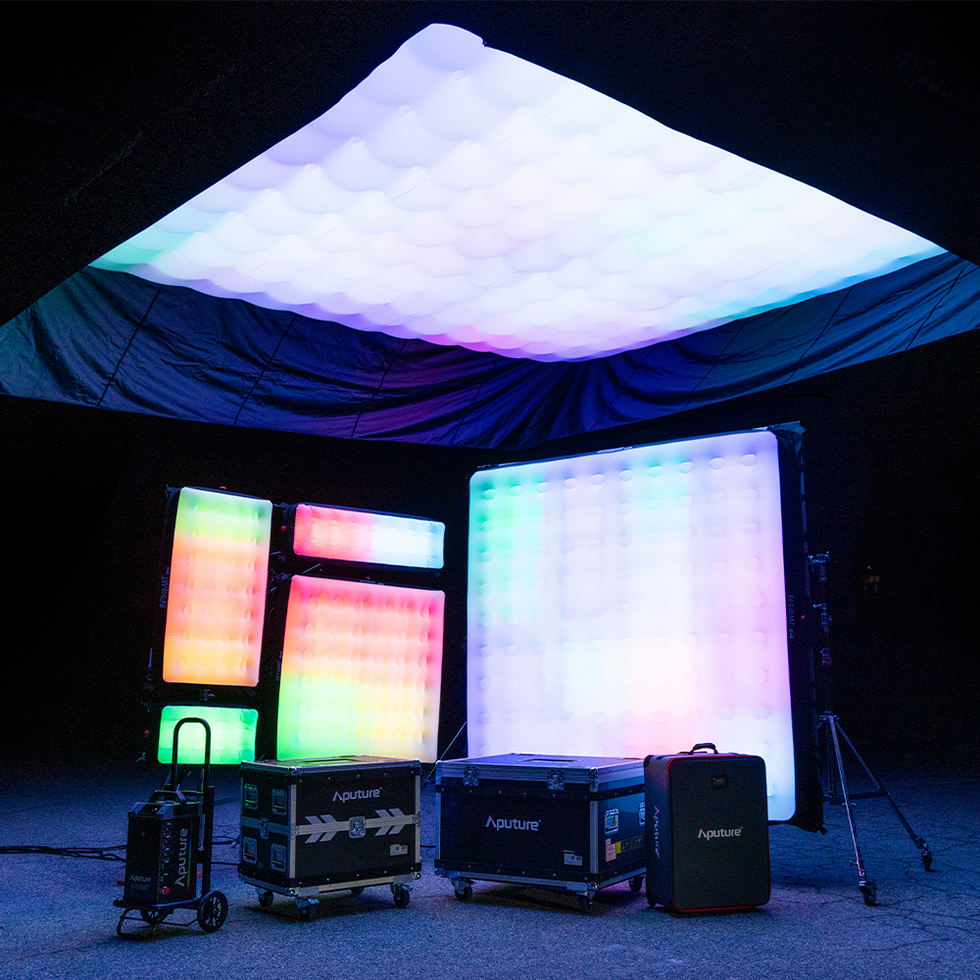Watch: What's the Difference Between High and Low Fantasy?
Fantasy is defined by the world in which it takes place.

Before we get into the differences between high and low fantasy, we should clear up what they're referring to. They are not pejorative designations; one isn't better than the other. Rather, the crucial delineation appears to be contingent on the setting of the work, or the world in which the story takes place. The Filmgeek: Fandor essay below gets into detail about these differences, and why they matter.
According to the essay, low fantasy is characterized by stories where "our own historical, ordinary world plays a primary role in the storytelling," and even if there are fantastical elements that have a place of primacy in the narrative, "the emphasis is placed on maintaining realism." In that sense, you could think of low in terms of being earth-bound. The low fantastical genre work is characterized by a preoccupation with earthly goings-on and fantastical intrusions into "our" world. Notable examples include: the Harry Potter Series, Pan's Labyrinth, Spirited Away, and Conan the Barbarian.
By contrast, high fantasy is "set in a second, alternative world, one that may have a history, culture and geography separate from our own." Heavy use of magic and creatures tend to characterize the high fantastic, examples of which would include the whole Lord of the Rings series, Maleficent, Game of Thrones and an example which I'm going to come down on the other side of, being Beowulf. Perhaps the movie is high fantasy, but the original is the longest epic poem in Old English, the language spoken in Anglo-Saxon England before the Norman invasion, and the story is set in the sixth century in Scandinavia. So, filled with dragons and unfamiliar lands though it may be, the story is firmly earth-bound, and the film takes place in Denmark, to boot (Denmark is real, last I checked.) This this just goes to show, though, that these categories are ways of arriving at a taxonomy of genre, but there's still room for debate, and also, old English poetry. And Denmark.
The essayist admits that some works defy and/or skirt the lines of these definitions, including the Narnia works and the Neverending Story. That being said, any study of the taxonomy of narrative and examining the tales we tell each other is always a worthy endeavor, insofar as it helps us tell better ones. One hopes that we might become better, more complete people through doing so, using them to explore and enrich our terrestrial lives. Though maybe it's a fantasy to think that stories are anything more than stories, and can be used for good or ill. But, I do know this, if nothing else: Denmark is straight up real, y'all.
Source: Filmgeek: Fandor


















